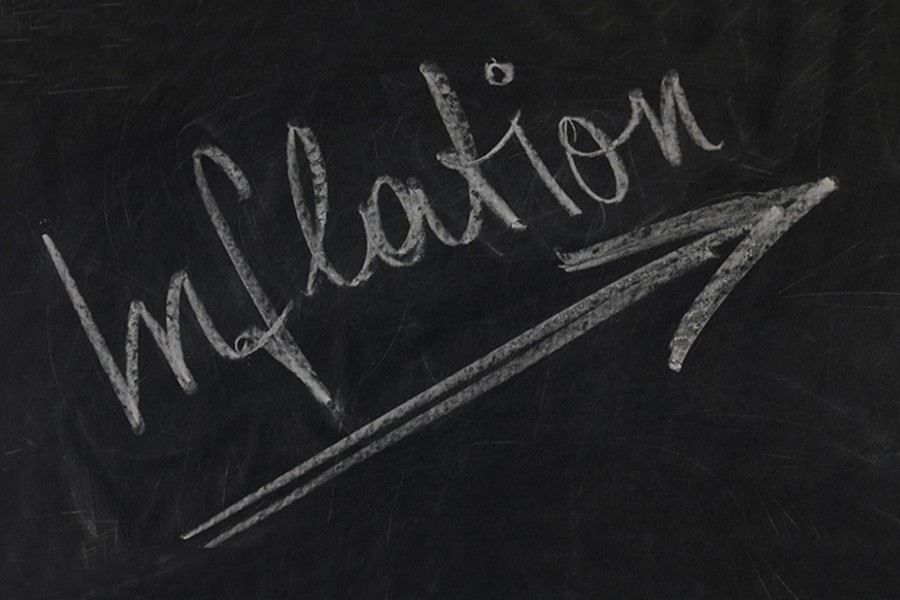Measuring inflation by the Wholesale Price Index (WPI) has remained suspended over the past one decade by the statistical office, leaving the people and policymakers uninformed about a gap between the prices at retail and producer levels.
There are a number of ways to calculate the inflationary pressure in an economy and most of the countries usually prefer the Consumer Price Index (CPI) following its adequate coverage of food and non-food items.
But the WPI is also essential to know the gap between producer and retail levels, said economists.
If the gap becomes 10-15 per cent high, they said, the government and the agencies concerned take appropriate actions to reduce the gap and give some sort of relief to the consumers.
India releases the inflation data by using both WPI and CPI and the gap usually ranges between 3.0 per cent and 5.0 per cent. Sri Lanka, Pakistan and Nepal also produce inflation data by using WPI formula side by side CPI.
Bangladesh Bureau of Statistics (BBS) last published the inflation-based data on WPI in June 2006.
When contacted, the officials of BBS, the country's national statistical organisation, told the FE that they scrapped the WPI method as many advanced nations use the CPI to fathom price levels at retail level.
They, however, said they are now thinking on reintroduction of the WPI.
"Actually, not so many people ask us about it, but we feel its importance at policy level," Abul Kalam Azad, director at the national accounting wing of the BBS, told the FE on Sunday.
But many economists take the view that the BBS actually does not prepare WPI as it lacks manpower.
They also said they felt its necessity in economic analysis finding out the gap between wholesale and retail prices.
Lack of this index, they are also of the opinion that there is a blame game between wholesalers and retailers due to price surge in the market.
"Believe or not, we feel it but where we get it," Chairman of local think-tank Policy Research Institute (PRI) Dr Zaidi Sattar told the FE.
He said the main objective of a WPI is to monitor price movements that reflect supply and demand in industry, manufacturing and construction.
"It also might help in analysing both macroeconomic and microeconomic conditions of a country," he said.
He added: "Capacity of BBS hasn't been developed resonating to the same frequency of the modern economy."
Suspension of WPI for a long time means that the state-run statistics provider lacks capacity and manpower, he commented.
He said WPI is needed for a country like Bangladesh where big traders manipulate market and gain unethical profits, resulting in market volatility.
Centre for Policy Dialogue Additional Director (Research) Dr Khondaker Golam Moazzem told the FE that traders get scope to fix prices at their will for lack of wholesale price index.
He said an oligopolistic market has emerged in the country considering some major essentials which have given the traders scope to dominate prices both at mill and retail levels.
WPI could help break the oligopoly by publishing import-wholesale-retail prices of a product on regular basis, he said.
"The government should rethink on WPI publication like many countries such as India," he said.
He said prices at trading wholesales like Khatunganj, Benapole, Hilli, Moulvibazar, Shyam Bazar, Karwan Bazar and others should be brought under WPI.
Consumers Association of Bangladesh (CAB) secretary Humayun Kabir Bhuiyan told the FE that rice prices increased by 20 per cent just in a day in last September.
"It is unique as you will never find such kinds of hike in countries like India, Pakistan or even in Nepal," he said.
He said flour prices increased in last five years when global wheat prices reached ground level (US$ 150 per tonne in 2018).
Consumers in the entire world got the benefits of low prices of food products except Bangladesh, he said.
He urged the planning ministry to start publishing the WPI on monthly basis as soon as possible, which, according to him, could work as a 'watchtower' for the authority concerned.
After rebasing the CPI, the existing products and service basket consist of 318 rural and 422 urban goods, according to BBS.


